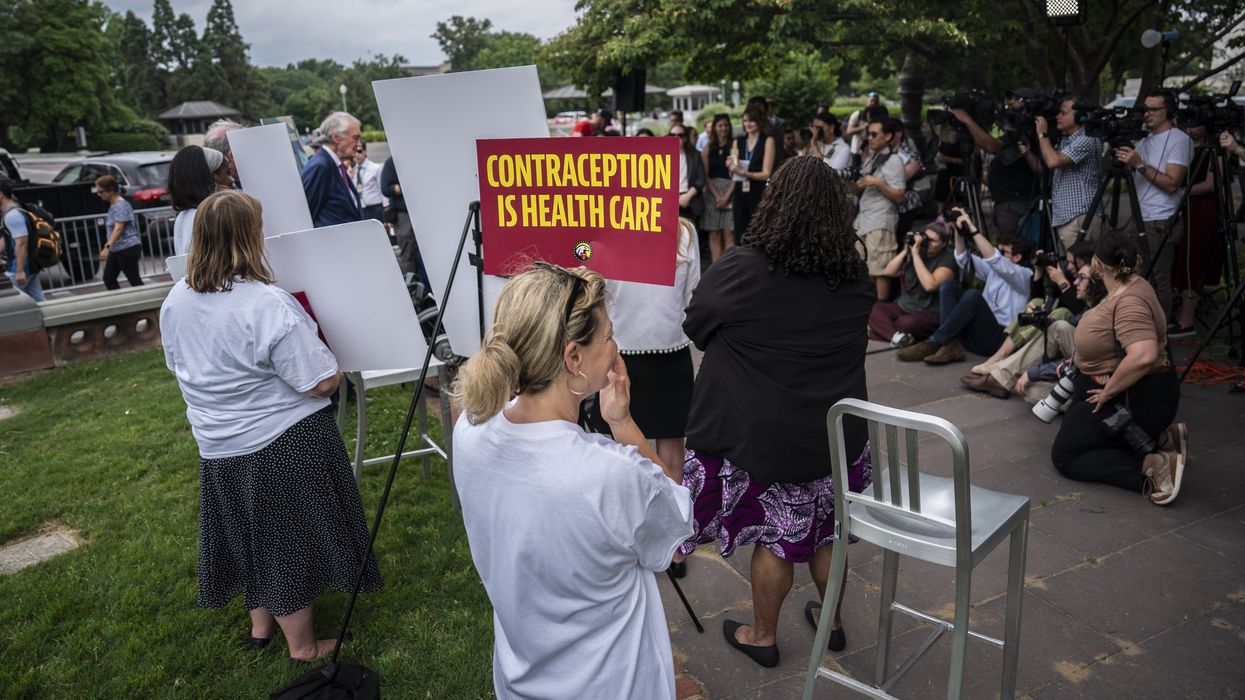This fact brief was originally published by Wisconsin Watch. Read the original here. Fact briefs are published by newsrooms in the Gigafact network, and republished by The Fulcrum. Visit Gigafact to learn more.
Do about 90 percent of Americans support access to contraception?
Yes.
Some 91 percent of registered voters said in a national poll released June 11, 2024, that birth control should be legal (73 percent said they feel strongly, 18 percent said somewhat strongly).
When the question was asked about contraception, support was 84 (percent 69 percent strongly, 15 percent somewhat).
Liberal pollster Navigator did the poll, but other surveys found similar results.
The nonpartisan Pew Research Center reported June 6 that 79 percent of registered voters said widespread access to birth control is good for society.
Gallup reported in June 2023 that 88 percent of Americans said birth control is morally acceptable.
In a 2022 FiveThirtyEight poll, about 90 percent of Americans said condoms and birth control pills should be legal in all or most cases, and 81 percent said the same of intrauterine devices.
The 90 percent claim was made in a June 5 interview by Sen. Tammy Baldwin (D-Wis.). She is running for re-election in November against Republican Eric Hovde.
This fact brief is responsive to conversations such as this one.
Sources
Navigator Abortion and Contraception: A Guide for Advocates
Pew Research Center Gender, family, reproductive issues and the 2024 election
Gallup Fewer in U.S. Say Same-Sex Relations Morally Acceptable
FiveThirtyEight How Americans Feel About Abortion And Contraception
MSNBC 'Trump's friends just blocked the right to contraception': Dems torch GOP over Senate vote




















Trump & Hegseth gave Mark Kelly a huge 2028 gift